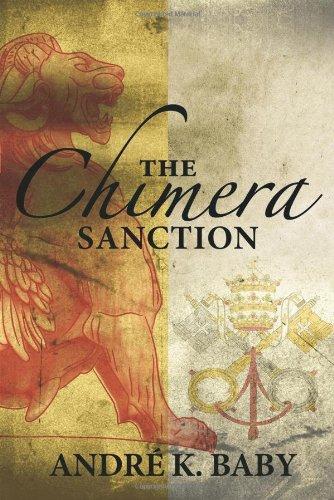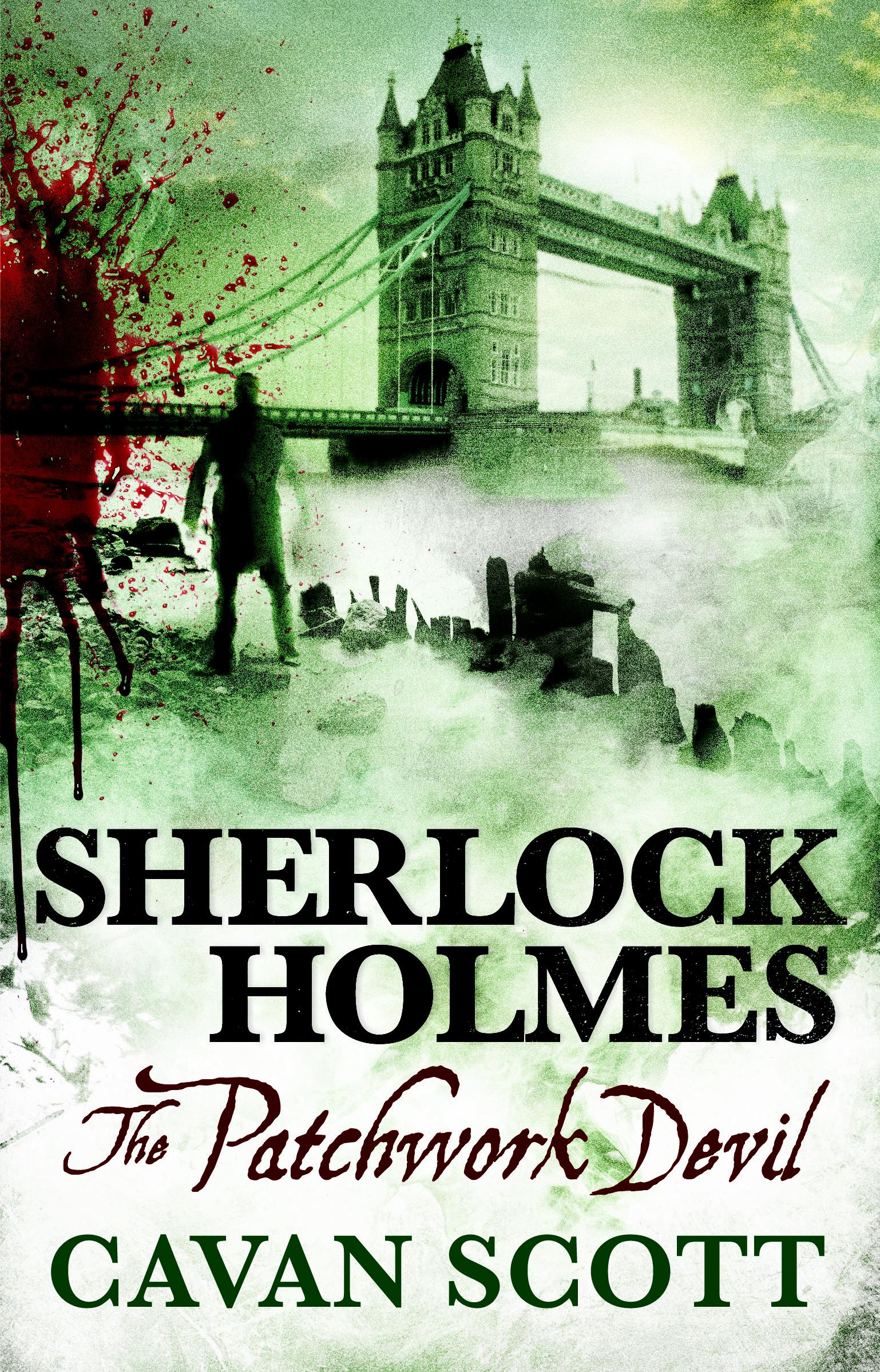The Chimera Sanction
There is one great and unexpected side benefit to a career as a book reviewer. Sure, the film critics get to go to Cannes, and the music writers get free drugs concert tickets, but we get a free education, and that’s worth something! Take, for instance, The Chimera Sanction by the Canadian writer Andre K. Baby. Besides being a suspenseful page-turner based around internal Vatican secrecy, it also taught me about a competitor to the Roman Catholic Church during the early growth stages of Christianity.
I had never run across the Cathars either during my intermittent periods as a devout Catholic, nor during the larger and encompassing span as a reader, student, and generally curious human being. That’s not particularly surprising, as winners do tend to write the histories and Catholicism virtually wiped out the Cathars during a series of murderous pogroms in the thirteenth century.
Who were the Cathars, exactly? They were a Christian denomination that rose in southern France and northern Italy during the first centuries of the last millennia, and they had a rather interesting spin on both theology and church structure. Regards, the former, they recognized two Gods. The God of the Old Testament, who created everything physical in the known universe, was Satan. Hence everything tangible, including the human body, was inherently evil. Along came the God of the New Testament to breathe souls into us, and souls are good. Therefore, to ascend into Heaven, according to the Cathar creed, one had to completely renounce the physical world and become what was called perfecti. Given that the rejection of the physical world also included a rejection of sex – thus making propagation of the faith a difficult proposition – Cathars tended to make their vows of rejection while on their death beds. It is conjectured that should the dying Cathar rally in strength and thus risk losing standing as a perfecti, family members would help the soul along the path to divinity by smothering the patient. Remember that if you’re ever annoyed at relatives who don’t visit you in hospital.
As a literary side note, although he does not directly refer to them in The Canterbury Tales, Geoffrey Chaucer undoubtedly would have known of the Cathars, as his life overlapped their peak. It has puzzled many a scholar through the years why it was that the dying Chaucer renounced all his work, dismissing his writing as a sort of evil and shameful exercise, let alone his career as a collector of Customs tariffs. I suggest that Chaucer may have been hedging his bets based on the Cathar example.
Why the Cathars were eliminated, with their living bodies literally marched into burning pyres, starts to get to the dynamics of The Chimera Sanction. As the great governmental analyst Max Weber taught us, the purpose of any bureaucracy is to perpetuate its own existence; or as Mel Brooks put it in Blazing Saddles, ‘We have to protect our phony baloney jobs!’ This applies to both the Curia, as well as street cleaners. The Cathars recognized having a Pope as a good and necessary thing, but not the layers of Cardinals and Archbishops that fell between the Holy Father and the priesthood. If one knows anything about Latin politics of the Middle Ages, the time of Borgias and de Medicis, you can imagine just how well received that went down. Hence, light the fires.
So what if the few surviving Cathars maintained a well-founded grudge against the Catholic church and have been biding their time, waiting for the right moment to bring down its structure and advance their own interpretation of faith? In The Chimera Sanction, the moment arrives, nearly eight hundred years after a specific slaughter described in the novel’s Prologue. Their method is to kidnap the Pope, a fictional Clement XXI.
The chief investigating officer is an Interpol detective named Thierry Dulac. He is a good and believable creation – a pianist who can no longer perform, due to a growing arthritis in his hands and cultured without being an effete show-off. He has one verbal oddity about his dialogue. When he is annoyed or in danger, he perpetually grumbles, ‘Just pissing great.’ The only other real criticisms I have of this story are one: I do wish that the explanation of what the Cathars are about did not come so late in the novel. I kid you not, I had dashed off to Google about three pages before the explanation finally showed up. Related to that, there are repeated references to an earlier case featuring Dulac and the same villain, murders of two archbishops, which I am guessing was covered in an earlier novel. The very best of ‘series thrillers’ can be read individually and in isolation without a nagging sense that some important information has been withheld. Just an extra paragraph or two in the early chapters would have eliminated my slight annoyance.
That said, Baby avoids the boobytraps of his chosen genre. He certainly knows his aircraft very well, yet doesn’t bury the reader in the verbiage of technology so that one thinks one has picked up a flight manual by mistake. Dulac has a girlfriend, a believably written professor named Karen. Thankfully, their relationship is kept enough in the background so that when she does appear, Karen exists for Dulac as a dialogue device for him to exorcise his thoughts to her and so to the reader, and not for an excuse to demonstrate high-wire sexual acrobatics. Sometimes it seems that ever since Ian Fleming started writing James Bond novels, it has become de rigeur for spies and detectives to go at it with the semi-violent enthusiasm of a Vulcan in full p’onn farr.
I was engaged by The Chimera Sanction, I enjoyed it, and it left me wanting to read more of Andre K. Baby’s work. That, in sum, makes it well worthy of recommendation.
| Author | |
|---|---|
| Star Count | 4/5 |
| Format | Hard |
| Page Count | 256 pages |
| Publisher | Robert Hale |
| Publish Date | 2014-Oct-01 |
| ISBN | 9780719813047 |
| Bookshop.org | Buy this Book |
| Issue | February 2015 |
| Category | Mystery, Crime, Thriller |
| Share |







Reviews
There are no reviews yet.